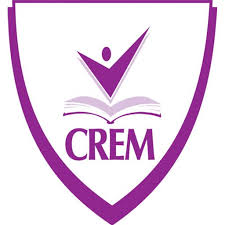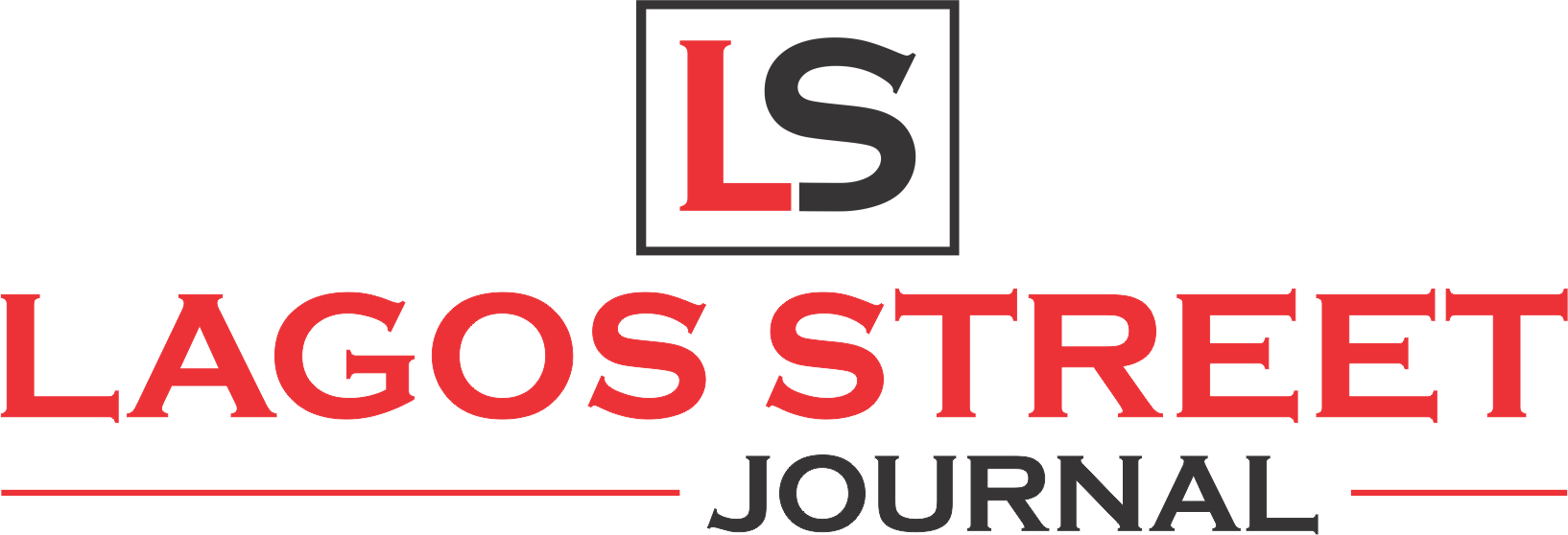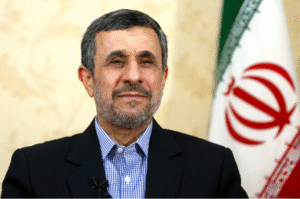CREM pledges commitment to support education sector

By Abiodun Adebayo
The Center for Research in Enterprise and Action in Management (CREM) has pledged its commitment to its strategies and programmes geared towards improving literacy among Nigeria citizens.
According to the research center, apart from giving scholarships to students in universities across the country, it also trains and educates people to improve their literacy.
Speaking during the 2020 International Literacy Day organises by CREM with the theme “Literacy Teaching and Learning in the Covid-19 Crisis and beyond”, the organization’s Chief Operation Officer (COO), Mr. Martins Ndigwe, said based on the low level of literacy in the country, the Center, with the support of Grooming Center, has embarked on an initiative to support 2 million Nigerians to be literate for the next five years.
He said: “Nigeria with over 200 million populations, more than 50 million, cannot read nor write. This means that at present (2020), more than 62.02% are not literate — the possible equivalent of the combined population of the Northern and Southern Nigeria not being able to read nor write.
“Our commitment to this initiative has driven us to embark on a determined journey to support 2 million Nigerians through our different channels (instagram, facebook, twitter, linkedln, onsite) to be literate for the next 5 years leveraging our Ecosystem and our business School at EJigbo Lagos.”
He further stated: “International Literacy Day is an opportunity to acknowledge importance of Literacy GLOCALLY (GLOBAL AND LOCALY) and to recognize Grooming Centre and CREMs work in supporting this initiative at every given opportunity as a catalyst to promote research based learning across different sectors in West Africa.Literacy is so fundamental to learning that its importance cannot be overstated — it is the essential foundation of education.
“The ultimate aim of any education system is to equip learners with the necessary literacy, numeracy and wider skills necessary to take control of their destinies and fulfill their potentials.
“Literacy is the first step towards freedom, towards liberation from social and economic constraints. It is the prerequisite for development, both individual and collective. It reduces poverty and inequality, creates wealth, and helps to eradicate problems of nutrition and public health.”
Ndigwe identified poor governance; inadequate educational facilities; lack of interest in education; high poverty rate and lack of information as some of rhe challenges affecting literacy and skills development in Nigeria.
He also noted that in the current world pre and post – Covid- 19, ICT and digital platforms are of the greatest demands, “owing to the fact that we’ve become a common global village, and we daily interact with electronic devices.
“The present Nigerian solution to unemployment and un-employability is the acquisition and sound development of IT related skills: Computer programming; Graphics Design; Digital Marketing; Database Management; e-library Management.”
Also speaking, the First Guest Speaker, Mrs.Olaitan Shogaolu, predicted that there would be more dropouts post – Covid-19 as many parents might find it difficult to fund their children’s education.
She said the private organisations should take ownership of their community by supporting the education of more children.
To increase quality of education and literacy in Nigeria, Shogaolu said some teachers must be re-educated to be able to give quality education, saying the academic stakeholder must imbibe innovative and effective teaching methodology while the society must embrace adult literacy programme.
“Teach the children to be future ready,” she said.
She further charged the government and education stakeholders to revise the curriculum to 21st venture standard and compulsary education for every child.
Dr. Femi Lawal, the second Guest Speaker, lamented that many graduates in Nigeria now are unemployable as they could not deliver in their various fields.
Identifying the factor affecting knowledge impartation and acquisition in Nigeria, the University don’t said methodologies of teaching are faulty.
He also identified cold attitude and culture of learners; competence of teachers, trainers and or instructors; poor learning environment including infrastructural deficiency as well as faulty modes of knowledge impartation.
However, Lawal, who noted that knowledge improves while new knowledge especially in technology emerges during crisis and war, said Covid-19 pandemic has moved the country to embrace and improve technology as it moves gradually to virtual learning rather than the conventional physical one.
“Covid-19 has brought to us a new normal in teaching-learning activities which we must sustain post-Covid-19 to move on as a nation,” he concluded.
The chairman of Ejigbo LCDA, Hon. Monsuru Bello (Obe) who graced the occasions urged the private organisations to support the government in changing the mentality of people towards embracing education to improve literacy in the society.







